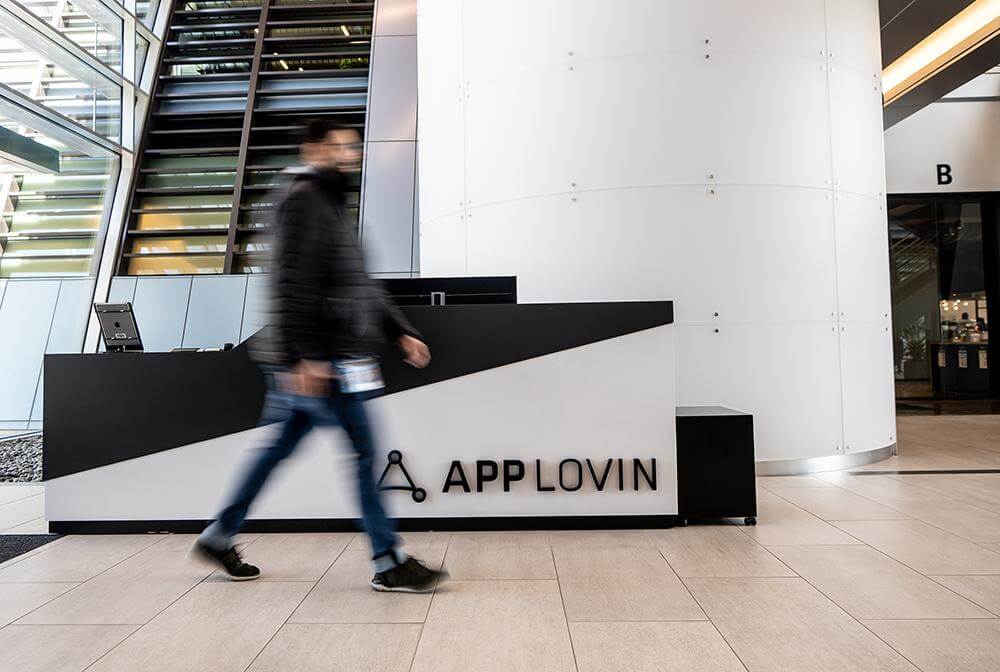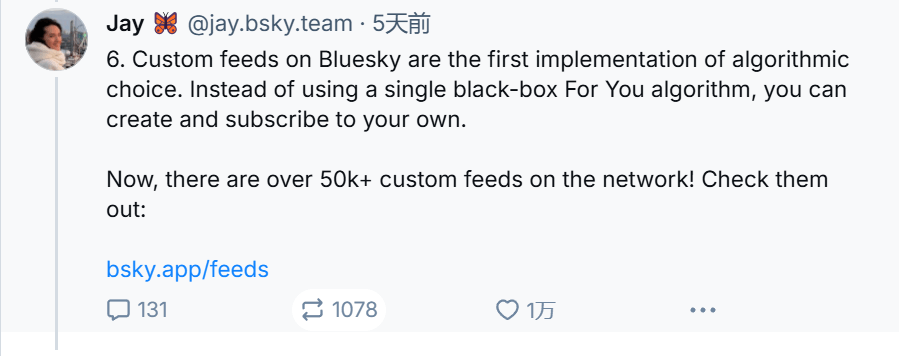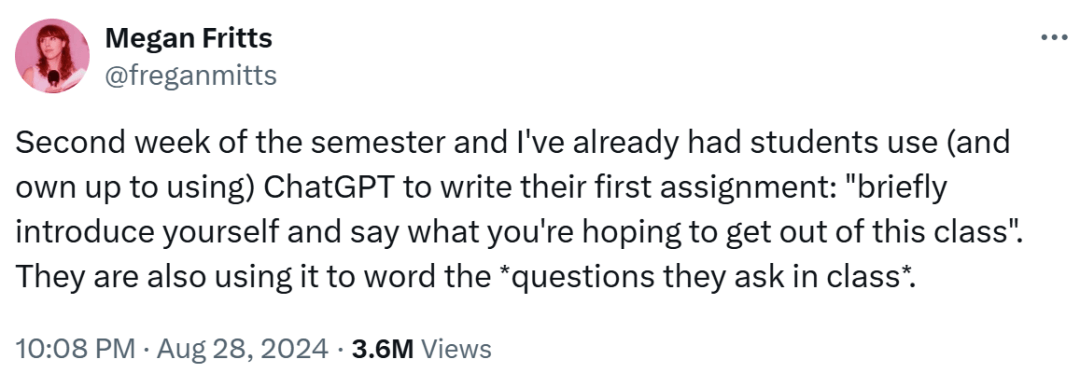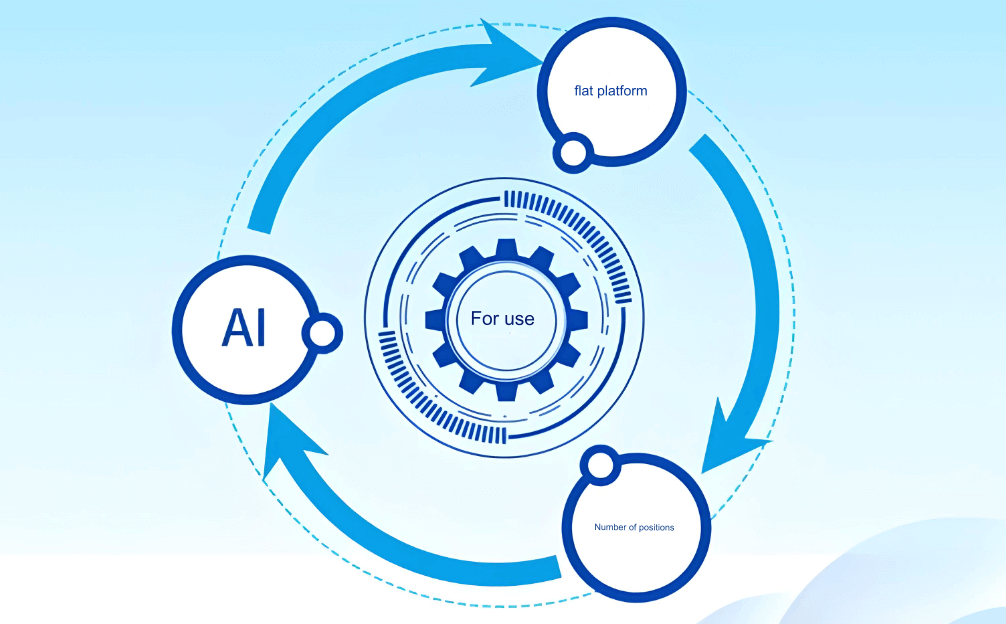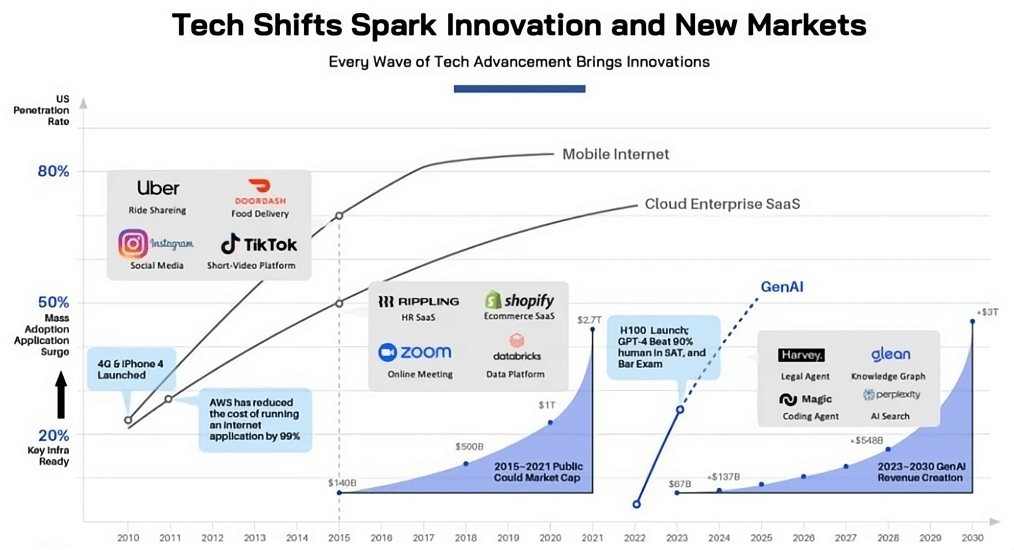As developers, we’ve always been curious about the most popular or highest-paying programming languages in the industry. Countless surveys and articles have helped keep us informed.
For career development, I’ve always recommended continuous learning on the job—it’s particularly crucial.
But now, if AI can generate code from simple prompts, is learning programming languages becoming redundant?
NVIDIA CEO Jensen Huang thinks so, suggesting that humans may no longer need to learn programming languages.
"Our job is to create computing technologies so that nobody has to learn programming, and programming languages become human natural languages. Now, everyone in the world is a programmer," said Huang.
Speaking at the World Government Summit in Dubai, Huang added, “For the first time, we can imagine a future where everyone in a company is a technical expert.”

Low-Code, No-Code, and the AI-Assisted Future
In addition to AI, Huang’s vision is bolstered by the rise of low-code and no-code tools, which aren’t just for non-developers. A Forrester study revealed that 87% of enterprise developers use low-code platforms, signaling massive market growth.
That said, Huang himself remains cautious about a future without programming.
AI hype may benefit NVIDIA, but programming has endured decades of automation attempts. The history of code generation is as old as computer science itself.
Laying the Groundwork for Generative AI
Tools using neural network-based predictive models have been available since the 1990s, often leveraging pattern recognition to detect problems in code. These technologies paved the way for today’s generative AI tools like ChatGPT, GitHub Copilot, and more.
While these tools are becoming part of the software development process, developers must stay abreast of new trends and technologies. If AI serves as an assistant, developers must still lead this partnership with expertise.
To excel in future software development, we need to know more than the machines do.
AI-Assisted Development in Education and the Workplace
Educational institutions are already exploring the impact of AI on learning. At Harvard, computer science instructors are testing virtual AI coding assistants, ensuring chatbots don’t merely provide answers but guide students to discover solutions themselves—like a mentor would. This approach helps students learn the process and develop a fundamental understanding of coding.
GitHub research on how developers use Copilot revealed that AI-assisted tasks are completed 55% faster on average. The saved time can give developers a chance to dive deeper into the nuances of languages and frameworks.
Learning Programming in the AI Era
AI expands, rather than limits, developers’ knowledge of programming languages.
Developers also need new skills for AI-assisted development, such as prompt engineering. Crafting precise, actionable prompts for AI not only enhances development outcomes but also improves communication skills. Clear instructions for AI assistants mirror the clarity needed in team communication.
Some companies are hiring full-time prompt engineers, such as Dell, which seeks professionals to develop and optimize prompts for various AI applications—still requiring expertise in Python.
Additionally, developers remain responsible for code review. AI-generated code can contain unpredictable errors, demanding a more thorough review process than for peer-written code.
The Role of Developers in a No-Code World
Developers shouldn’t fear no-code trends and can actually benefit from shortcuts enabled by these technologies. Coding has been growing more accessible for years. For example, user-friendly languages like Python have surged in popularity.
With AI assistants, developers may no longer need to memorize syntax and structure but must still understand them to supervise AI effectively.
This can be compared to choosing between a hobbyist and an expert. You might fix your washing machine using a YouTube tutorial, but many people prefer hiring a professional for reliability.
Some companies, however, may seize opportunities to accomplish more with fewer resources, potentially reducing the demand for software engineers, especially those whose only skill is coding. Entry-level roles may face the most significant impact.
Conclusion
If you’re a junior developer in today’s industry, it might be time to level up your skills and secure your role in the promising future ahead.
